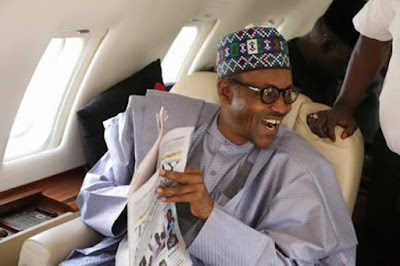By Carllister Ejinkeonye
For many years now, instant noodles appear to have become one of the most favourite meals in many homes in this part of the world, and seem to have retained the capacity to greatly endear many mothers to their children.
Ask any child out there the particular meal he expects his mother to serve him once he gets home and he will not hesitate to name his favourite brand of instant noodles. Also, among students faced with several lectures in a day and workers hurrying off to their offices and sundry assignments, instant noodles remain a readily available, easy-to-prepare, meal to quickly assuage biting hunger before rushing off to the next lecture or assignment.
Some people have even become so addicted to these noodles that even where they have all the time in the world to prepare another meal, they would still settle for their favourite brand of instant noodles.
 |
| (pix: wikipedia) |
Whatever the brand – Indomie, Chikki, Mimee, Honeywell, Tummy Tummy,etc, – it has, no doubt, become the magic word that can instantly wake a child from sleep to take his meal when ordinarily he wouldn’t have loved to. For many children, adolescents and even adults, these noodles qualify as the “real meals” in the family menu.
Not too long ago, I heard some people talking about how these instant noodles do not constitute the healthy diet their consumers have always assumed they are. This got me really troubled. As is the case in many other homes, instant noodles were also enthusiastically consumed in my own home.
This now compelled me to research this popular meal, and what I discovered was quite astonishing. As one with a deep passion for children and youths who of course are the major consumers of this product, I cannot but cry out just like I did in one of my articles last year titled “The Child, The Youth and The Country, Nigeria.”
I would be glad if the National Agency for Food, Drug Administration and Control (NAFDAC), Standard Organisation of Nigeria (SON), the Ministry Of Health and all other government agencies entrusted with the duty of determining the healthiness of what are offered to consumers, and indeed, concerned well-meaning Nigerians, would look at my findings and see if indeed we are not all running after this favourite, easy-to-prepare, delicious meal to our own hurt? If indeed my discoveries are valid, then many kids and adults are already at the waiting hall of future health disasters.
Now, these instant noodles contain very high amount of sodium, in fact, more than 50% of the recommended limit for adults and even much more for children. This means that as one consumes other meals that equally contain sodium, it would amount to excess intake which then exposes the consumer to the high risk of hypertension, other heart diseases, stroke, kidney damage, etc.
Also, these noodles are coated with waxes that are considered very injurious to health. Some findings have even suggested the wax could cause cancer. Now do this little experiment. Get a pack of instant noodles and put into a bowl, and pour hot water on it which should cover it and wait for a few minutes. You will see the wax coating which was probably used to stick the noodles together separating themselves and floating on the water.
A look at a pack of instant noodles will also show that one of the ingredients it contains is the toxic preservative known as Tertiary-Butyl Hydroquinone (TBHQ). The amount of it in the product as stated on the pack may appear small but considering the quantity of instant noodles consumed regularly by many people, soon, several consumers may discover when it has become too late that the amount of this TBHQ in their bodies have become excess and therefore harmful. And according to experts, restlessness in children, nausea and actual vomiting could be some of the indications that one has got this substance in excess in one’s body. Also, the seasoning that accompanies each pack of instant noodles contains Monosodium Glutamate (MSG). This serves to enhance the flavour of the noodles, thereby increasing its demand and consumption and also the negative effects it has on consumers. Interestingly, this same additive is found in several prepared and packaged food. MSG operates on the brain and may affect the brain cells as more doses are consumed over a considerable time. Its impact on the brain can also lead to several other diseases.


















